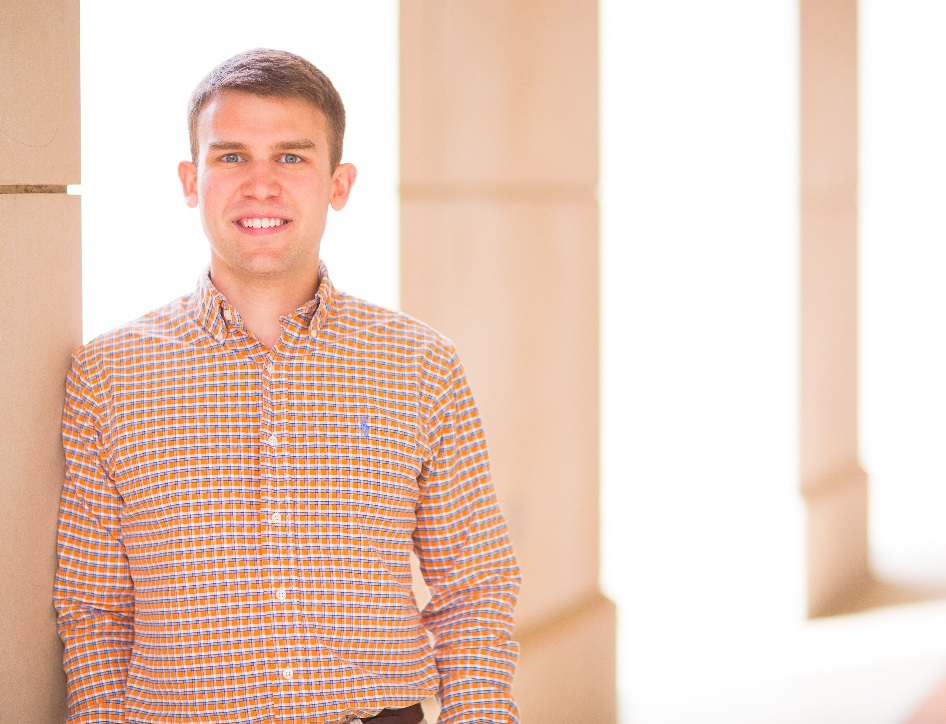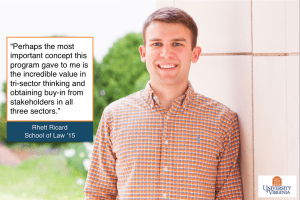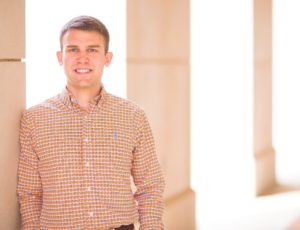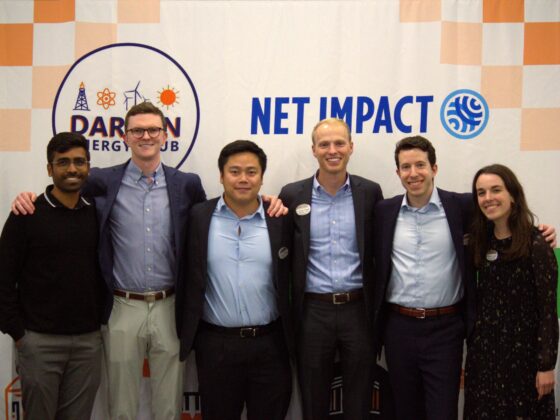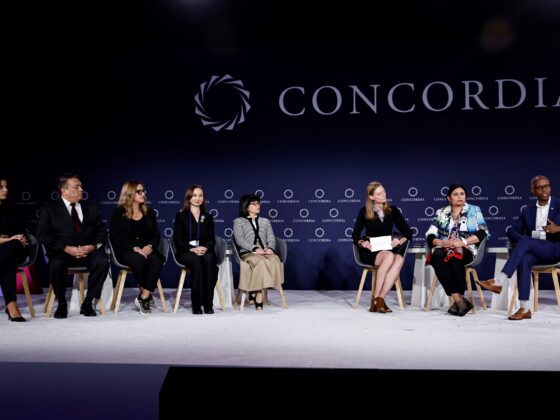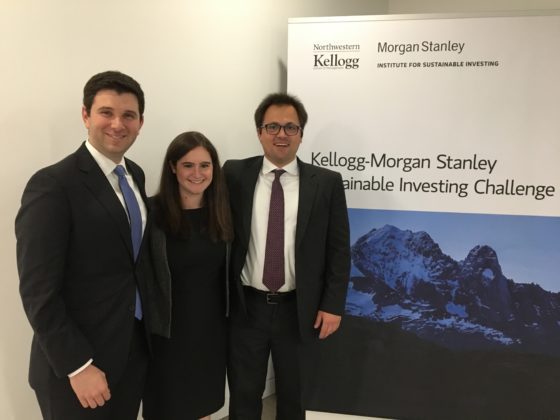As branding consultant and thought leader Simon Mainwaring once said:
“We need to develop and disseminate an entirely new paradigm and practice of collaboration that supersedes the traditional silos that have divided governments, philanthropies and private enterprises for decades and replace it with networks of partnerships working together to create a globally prosperous society.”
Partnerships and collaboration across sectors have become the way of the future (as well as the present). And if multisector collaboration is to be the way of the future, we need to prepare tomorrow’s leaders to problem-solve and lead with a cross-sector perspective.
Now more than ever, today’s and tomorrow’s leaders need to understand how the public, private and social sectors operate, and how to work with – and across – each of these spheres to create value and have impact.
That’s exactly the kind of thinking that led to the creation of the University of Virginia’s Tri-Sector Leadership Fellows (TSL) program.
The Tri-Sector Leadership Fellows program is a cross-university effort designed to explore effective, responsible leadership and the importance of multi-disciplinary perspectives in decision-making. The program brings together prominent, high-impact leaders with competitively-selected graduate student fellows and faculty from UVA’s Darden School of Business, Frank Batten School of Leadership and Public Policy and School of Law for a series of informal conversations and interactive exchanges.
Within the fellowship, a series of accomplished leaders facilitate interactive discussions with the students, based on their own personal leadership experiences. Through their interactions, the fellows gain first-hand insights into how these leaders holistically and critically analyze complex policy and practical considerations. Together, the speakers and students examine relevant “Tri-Sector” (public, private and social sector) issues, which involve a host of complex financial, economic, political and legal considerations.
The TSL program is administered by the Institute for Business in Society and facilitated by faculty across all three schools.
Each year, the fellowship selects eight students from each of the three schools. Now finishing its second year, the TSL program has 24 former fellows (soon to be 48) who are working within business, law, public policy, government and politics, education and the non-profit sectors.
We recently interviewed one former fellow, Rhett Ricard (UVA Law School, ’15), to find out more about his current role within the field of law.
Can you describe your current title and position? What is the nature of your work?
I work as a judicial clerk for Judge Henry M. Herlong Jr. of the U.S. District Court for the District of South Carolina. I assist the judge in all operations of the court and the cases that come before us.
Is there such a thing as a “typical” work day in your current role? Can you describe some of the activities you might do, decisions you might make and issues you might encounter?
My main duties include researching legal issues, evaluating arguments from the litigants, advising the judge on the law and its application to the particular facts before us, recommending an opinion and writing his orders and opinions.
Can you describe an instance or example when you used skills or lessons learned from the Tri-Sector Leadership (TSL) Fellows program within your new role?
The TSL program honed my skills in evaluating arguments, which is absolutely critical in my job. Further, it provided me with a broader understanding of different contexts that could be present in a lawsuit, such as in the employer-employee relationship or an agency dispute with a corporation.
What are some of the major challenges our world currently faces, and what do you feel is the value of today’s leaders having Tri-Sector knowledge and experience in helping to address those challenges?
Our world faces a variety of issues, ranging from economic issues (e.g. uncertain financial markets, massive state debt) to political issues (e.g. the rise of non-state terrorist organizations). To solve these problems, it requires a tri-sector solution, one that makes business and policy sense and one that is legal and can be realistically achieved by public and private entities. The value of our leaders having tri-sector knowledge and experience is that these tri-sector solutions are much more likely to be realized and accomplished than if our leaders do not recognize the need for this kind of thinking.
What advice would you give to future Tri-Sector Leadership Fellows entering the program?
Perhaps the most important concept this program gave me is the incredible value in tri-sector thinking and obtaining buy-in from stakeholders in all three sectors. Inevitably, you will be able to understand and appreciate the basics of this concept when you participate in the program, so the best piece of advice from here would be to challenge yourself continually and constantly to think in a tri-sector fashion. It is a frame of mind, and the more you deliberately think in such a fashion, the more likely you are to develop tri-sector solutions that our world desperately needs.
For more information about the Tri-Sector Leadership Fellows program, visit the Institute for Business in Society’s website.

